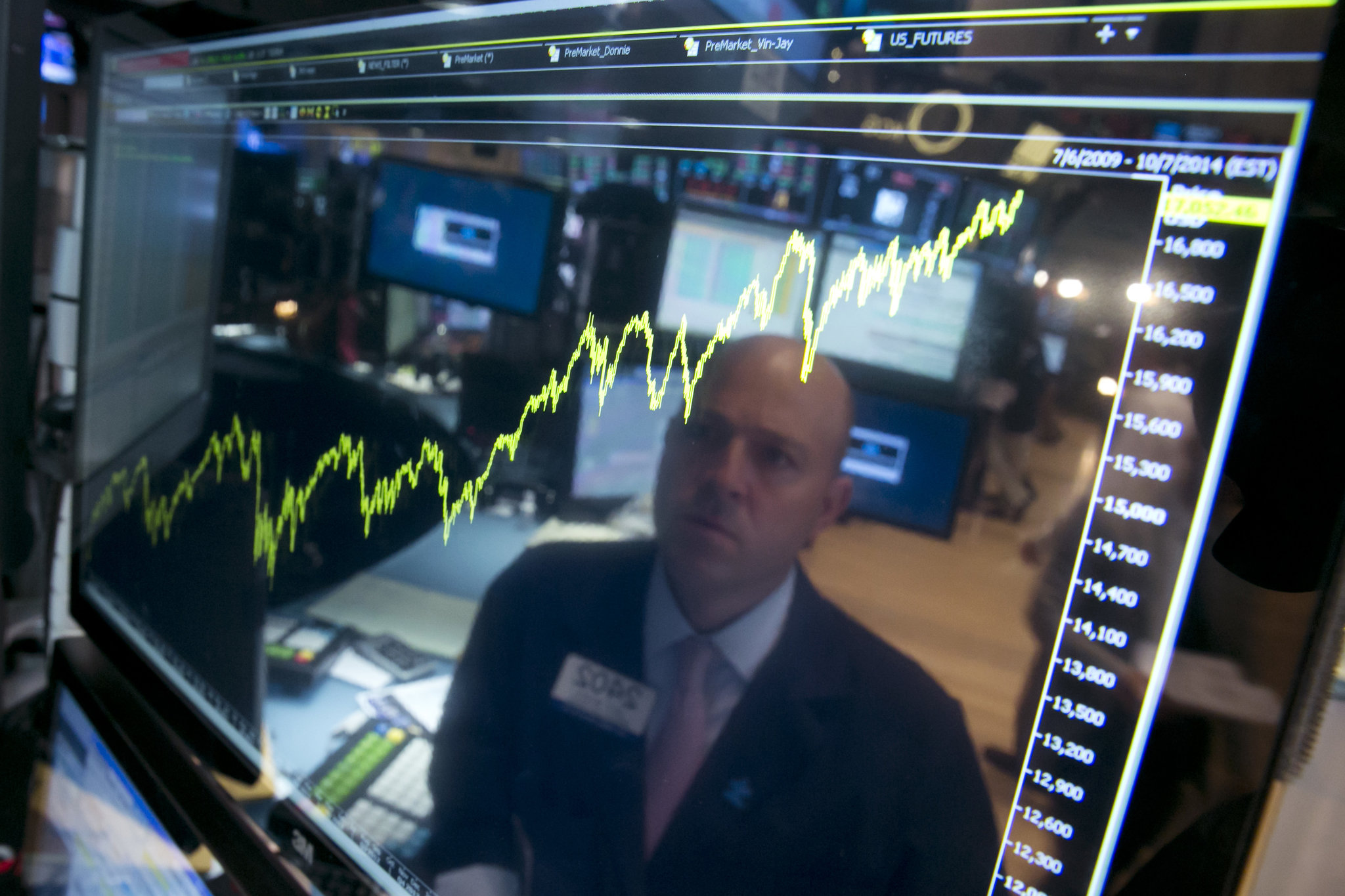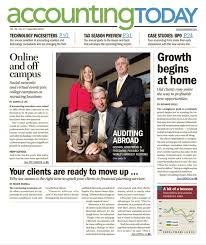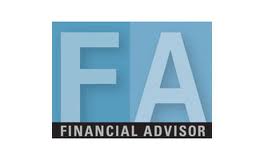When headline stories such as the one that appeared on the front page of today’s New York Times (“From Stocks To Farmland, All’s Booming, or Bubbling”)

Courtesy of the NY Times
, broker-dealers, investment brokers, global investment bankers and others in the business of guiding investors and entrepreneurs across various asset classes are right to become concerned about a potential investing bubble. Particularly those who have seen similar peaks (and troughs) over at least the past 15 years.
Per the NY Times article:
In Spain, where there was a debt crisis just two years ago, investors are so eager to buy the government’s bonds that they recently accepted the lowest interest rates since 1789.
In New York, the Art Deco office tower at One Wall Street sold in May for $585 million, only three months after the going wisdom in the real estate industry was that it would sell for more like $466 million, the estimate in one industry tip sheet.
In France, a cable-television company called Numericable was recently able to borrow $11 billion, the largest junk bond deal on record — and despite the risk usually associated with junk bonds, the interest rate was a low 4.875 percent.
Welcome to the Everything Boom — and, quite possibly, the Everything Bubble. Around the world, nearly every asset class is expensive by historical standards. Stocks and bonds; emerging markets and advanced economies; urban office towers and Iowa farmland; you name it, and it is trading at prices that are high by historical standards relative to fundamentals. The inverse of that is relatively low returns for investors.
But frustrating as the situation can be for investors hoping for better returns, the bigger question for the global economy is what happens next. How long will this low-return environment last? And what risks are being created that might be realized only if and when the Everything Boom ends?
Safe assets, like United States Treasury bonds, have been offering investors paltry returns for years, ever since the global financial crisis. What has changed in the last two years is that risky assets, like stocks, junk bonds, real estate and emerging market bonds, have also joined the party.
Want to buy shares of American companies? At the current level of the Standard & Poor’s 500 index, every dollar invested in stocks buys you about 5.5 cents of corporate earnings, down from 7.4 cents two years ago — and lower than just before the global financial crisis in 2007-8.
![]() BrokerDealer.com blog post courtesy of below extract from hedge fund industry newsletter FINalternatives.com
BrokerDealer.com blog post courtesy of below extract from hedge fund industry newsletter FINalternatives.com

